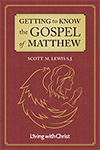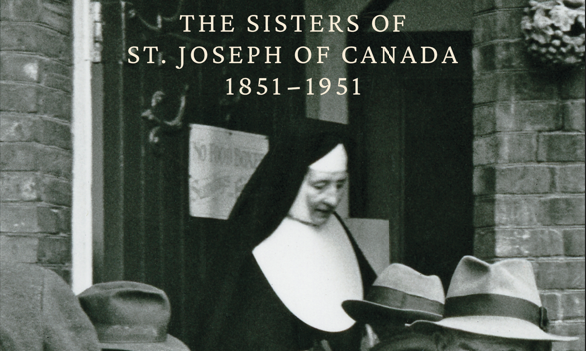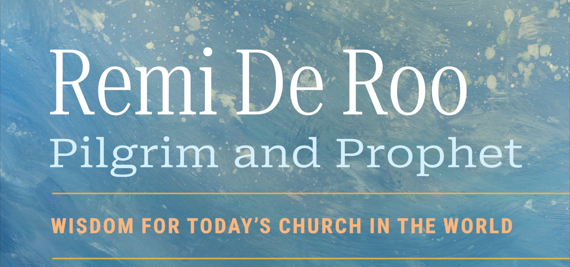
Friday Favourites: Getting to Know the Gospels Series
I wonder if anyone remembers SparkNotes.
SparkNotes were big back in middle school—they were more or less the same thing as Cliff’s Notes. At first it was a website where you did quizzes like “How evil are you?” and “Who’s your celebrity match?” Then, they had SparkNotes: a couple of pages on your assigned reading, plus a paragraph on each character and some symbols and themes in the book. Enough for about a three to four page paper, depending on your level of creativity.
 The Getting to Know series looks, on the surface, like the same thing. It’s made up of short booklets that contain key background information about the Gospels. But from there, it goes off in a completely different direction.
The Getting to Know series looks, on the surface, like the same thing. It’s made up of short booklets that contain key background information about the Gospels. But from there, it goes off in a completely different direction.
To begin with, Fr. Scott Lewis assumes you’ve already read the Gospels. He doesn’t go verse by verse or chapter by chapter, or even in a chronological order. What he does do is provide historical and scriptural context for the Gospels. He explores their background, the motivations of their authors and the messages inside the texts.
In Matthew, he talks about how Matthew was written around 85 CE, in one of the cities of Syria or Palestine, specifically for a Jewish audience:
“Given the fierceness of his polemic against the Pharisees and the concern for hyper-observance of the Law and the continuing importance of Jewish customs, it is likely that this was a time of tension, competition, and separation. In targeting a Jewish audience, Mark made extensive use of the Old Testament prophetic texts for fulfillment quotations (1:22-23, 2:15, 17-18, 23; 4:14-16) in order to establish Jesus’ credentials as the Messiah and to place him firmly within Israel’s salvation history.”
The Gospel of Mark was composed earlier, between 66 and 72 CE, and written in plain, everyday Greek. But as Fr. Lewis tells us in Mark, “although spare in elegance and style it exceeds in emotional intensity and action.” Jesus “sighs and groans, is tired, and is often disappointed with the reactions of people”, and:
“With the death of Jesus, Mark places the opening verse of Psalm 22 in the mouth of Jesus, with the Aramaic followed by the translation: ‘My God, my God, why have you forsaken me?’”
By comparison, Luke’s gospel is more polished and elegant. “He improves on Mark’s Greek grammar and style,” Fr. Lewis writes in Luke, “and eliminates the Aramaic expressions. He softens or eliminates material that portrays the Apostles in a bad light. … In many places the emotional reactions of Jesus are deleted or softened.” Fr. Lewis calls the Gospel of Luke
“the most beautiful book in the New Testament and for good reason: Luke was a master in the use of words and the telling of stories.”
Reading the booklets is like listening to Fr. Lewis himself give an hour-long lecture. You feel like you should be taking notes and flipping pages in the Bible: they are engaging and deeply absorbing. These books are perfect for lectors and study groups, who sit down to study and debate the Gospels, but they’re just as fascinating to read by oneself. It’s easy to get caught up in them.
I’m not sure if they’d make good SparkNotes, though.
-Gillian Robinson, Sales and Marketing Assistant


